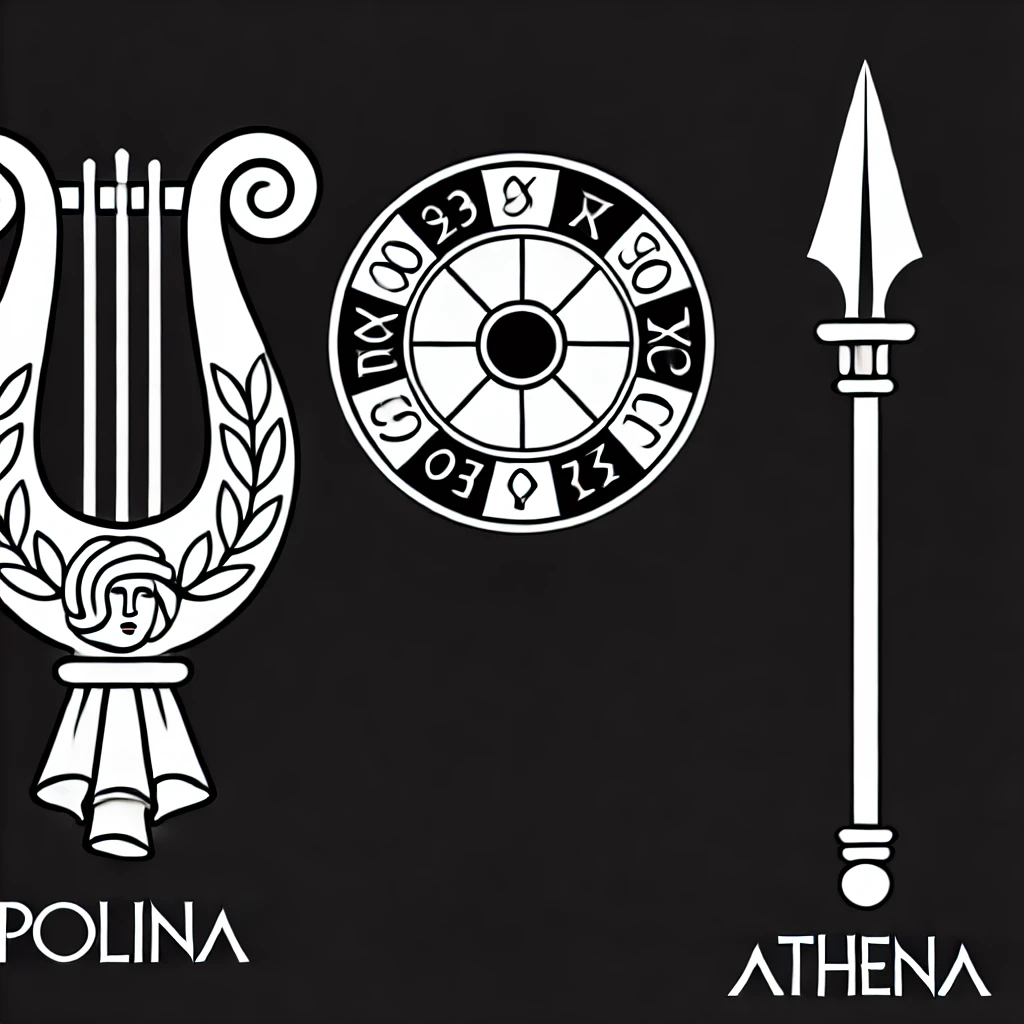Lear#
There’s merit in saying King Lear’s transformation was strategic, but only if we redefine what “strategic” means in the context of King Lear. Typically, strategy implies a calculated, rational approach to achieve a specific goal. At first glance, Lear’s behavior seems impulsive, emotional, and self-destructive rather than strategic. But if we view his transformation as a journey toward deeper understanding—both of himself and the human condition—there’s a case for interpreting it as a kind of inadvertent strategy, a self-imposed trial by chaos to uncover truth.
1. Initial “Strategy” as Self-Delusion#
Lear’s abdication of power to Goneril and Regan under the guise of rewarding love and loyalty is less strategy than hubris. His “love test” is performative tokenization: he mistakes flattery for genuine affection and confuses the symbols of authority (his title) with actual power. This backfires spectacularly, but it sets the stage for his transformation. Strategically—or at least thematically—this collapse forces Lear into a stripped-down confrontation with his own humanity.
2. Chaos as a Catalyst#
If there is strategy in Lear’s trajectory, it’s in how suffering forces him to recalibrate his understanding of reality. Losing everything—status, power, family—drags him through the “red node” of transformation, akin to the archetype of Inferno. He emerges from this chaos not with a plan to regain his throne but with something arguably more profound: the ability to see human vulnerability and interdependence.
From a modern perspective, we might frame Lear’s descent as a breakdown of tokenized authority and a turn toward embodied understanding. The storm scene, where he rages against nature, mirrors his internal storm—a dismantling of the superficial power structures he once relied on. This raw confrontation with himself isn’t strategic in the Machiavellian sense, but it’s transformational, moving him toward a deeper equilibrium.
3. Strategic Failure Leading to Wisdom#
If strategy can encompass failure as a means of reaching enlightenment, then Lear’s arc fits. His mistakes—both in judgment and governance—serve as inadvertent steps toward wisdom. By the time he reunites with Cordelia, he understands the futility of his previous pursuits and values genuine love and connection over power. This is a tragic form of strategic success: the realization comes too late to save him or Cordelia, but it fulfills the thematic arc of his character.
Final Assessment:#
Calling Lear’s transformation “strategic” is provocative but defensible if we expand the term to include unintentional journeys of growth. Lear’s downfall and suffering create space for a kind of wisdom that, while not consciously sought, aligns with a higher-order “strategy” of human transformation. If anything, his arc critiques shallow strategies rooted in tokenization, power, and ego, suggesting that real growth often requires the kind of chaos that can’t be planned.

